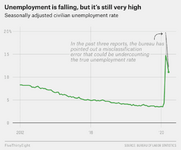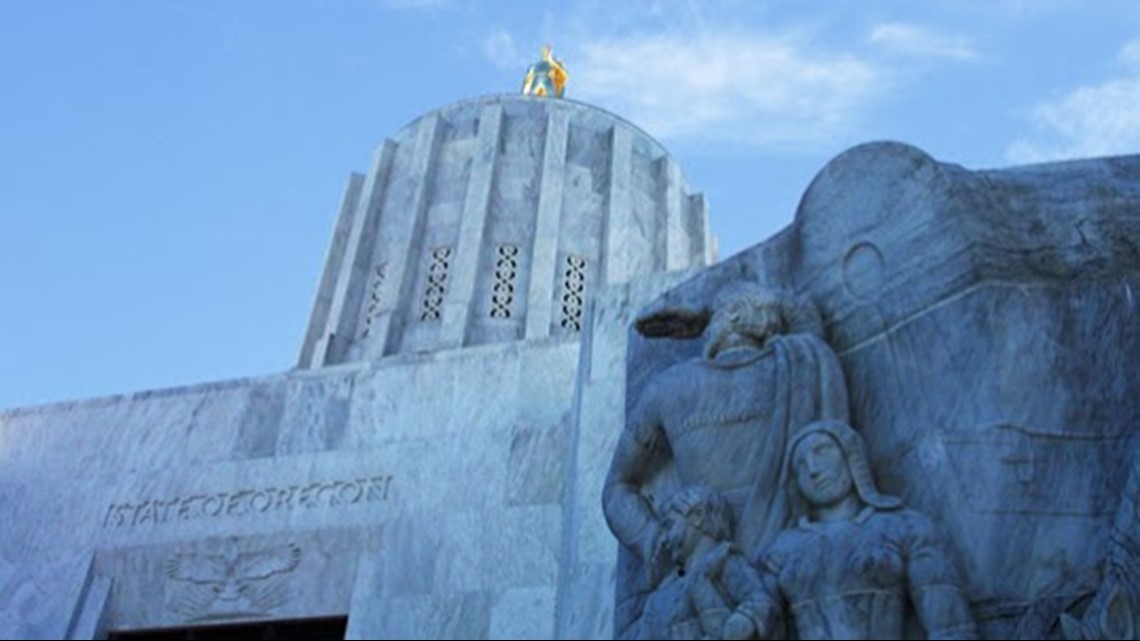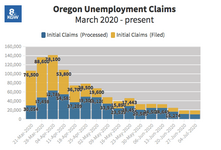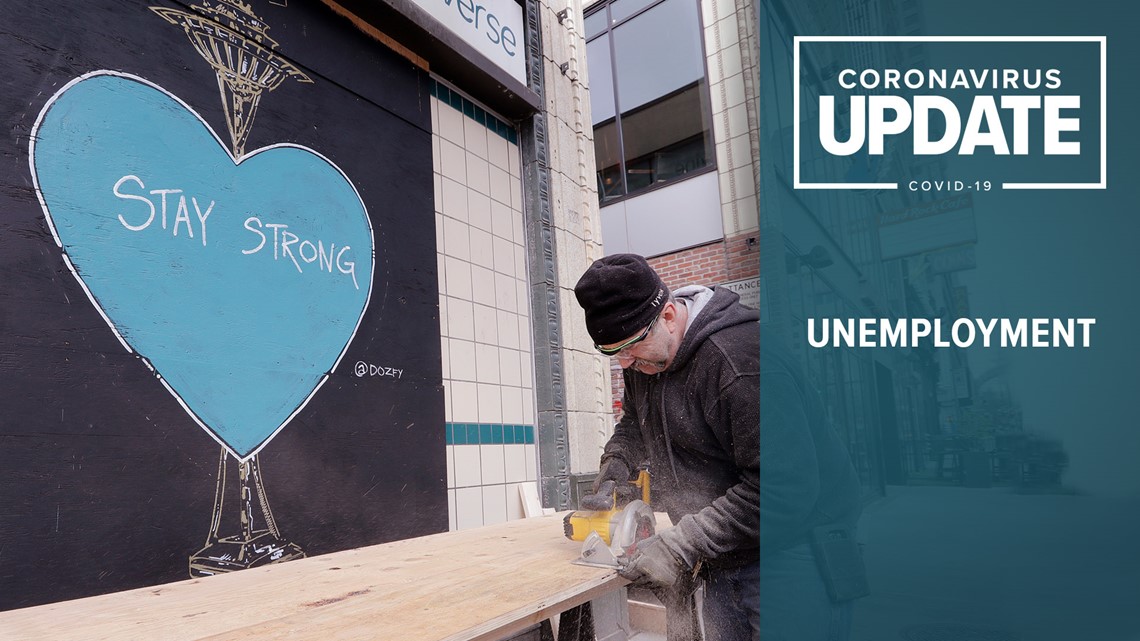Silver Lifetime
- Messages
- 42,729
- Reactions
- 110,963
- Thread Starter
- #301

$600 Federal Unemployment Checks To Be Extended?
Will Washington allow the Federal unemployment benefit checks to end on July 31? High unemployment, a new surge in the COVID virus, and the coming November election make it likely that at least a scaled down version will replace the current benefit.
 www.forbes.com
www.forbes.com























